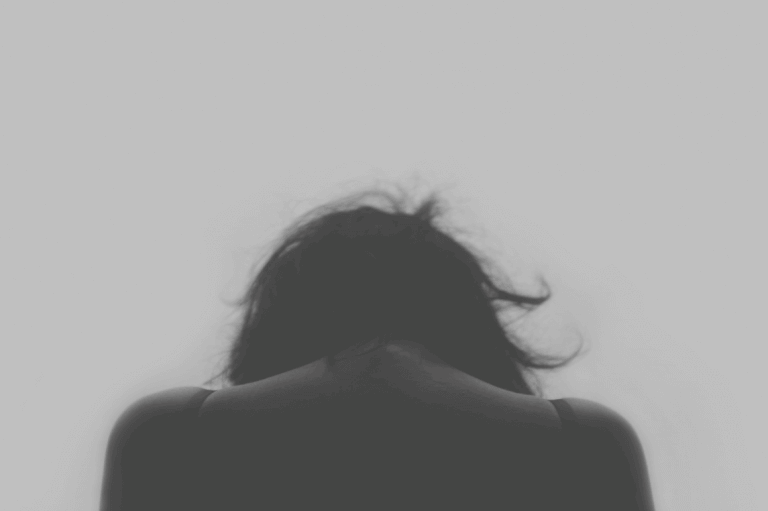The media often refers to the number of complaints filed over a period of time or the number of victims of abuse who die at the hands of their partners; however, the situation involves much more those who suffer and, on the other hand, not all cases are included in the statistical figures (false positives and false negatives).
They don’t usually talk about bumps or bruises, let alone invisible wounds, because abuse not only harms the body, when someone is in an abusive relationship it is normal that there is a great psychological discomfort that needs to be addressed. starting by giving voice to people who have so often been silenced.
- “I am still amazed that there are people.
- Human beings like us.
- Who are able.
- With absolute conscience and in a determined way.
- To cause continuous and systematic harm.
- Especially when.
- Moreover.
- They manage to weaken the victim.
- Be very vulnerable?.
- – Maria José Rodriguez of Armenta-.
When we talk about post-traumatic stress we usually associate it with natural disasters, thefts, murders, wars or attacks, but not abuse, when they can also be explained in this context, in fact, this disorder is characterized by a new experience of fact, lack of tranquility and failed attempt at forgetting, symptoms that are frequently observed in victims of gender-based violence.
Post-traumatic stress disorder in these people has very specific characteristics, on the one hand, it is normal to re-experience traumatic events at any time and, in addition, with your partner, which makes her alert and constantly vigilant, because it is precisely the one who causes the damage that she must endure and protect.
On the other hand, trauma gradually destroys the emotional state of the sufferer, since it usually takes years to seek help, in fact, it is common to continue with the perpetrator to avoid further aggression, so the victim usually understands that there is no possible solution to the situation (learned impotence, abandonment).
Believing that there is no solution to what is happening to them, which is to enter a situation of acquired impotence, can also lead to the syndrome of the abused woman, the victim adapts to the situation and minimizes pain, but not only that. , also distorts reality, denying or decreasing the severity of your problem.
In addition, it can change the way you and others perceive themselves, in this sense, you can make mistakes and idealize the aggressor, persuading yourself that you will no longer assault her because you are in love with her, in fact, you can even forgive her. him and I blame you for the situation you’re experiencing, even though he thinks this is the treatment you deserve.
Victims of abuse often have low self-esteem, but they are also often isolated, which means they don’t receive social support or positive emotional reinforcement, all of which will further weaken the person, which can cause them to fall into depression.
This disorder makes it difficult to make decisions and the victim’s concentration, as well as lead to impaired professional performance and increased insecurity. The woman enters a vicious circle in which it is becoming increasingly difficult to escape the situation of mistreatment.
Depression has another consequence: suicide, several studies found that 29% of women admitted to hospital emergencies for attempted suicide were abused, in fact, women victims of violence are five times more likely to commit suicide than the rest of the population.
“This emotional aspiration of domination, control and power over the other person is the main force that fuels domestic violence between couples” – Luis Rojas Marcos-
As you can imagine, anxiety disorders also have a higher incidence in people who are victims of violence than in other women, in addition to the aforementioned post-traumatic stress disorder, phobias, agoraphobia, generalized anxiety disorder and obsessive-compulsive disorder are also more so. Important.
The latter appears as an attempt to control anxiety that occurs in such an unpredictable situation, in this way obsessive thoughts about the abuser appear, as well as compulsive behaviors to try to reduce the anxiety generated by the phrases that appear in his mind.
“In the face of atrocities, must we take sides, does silence stimulate the executioner?. – Elie Wiesel-
The aggressor exerts power and strength over his victims in a way that ultimately destroys the other, and acts both externally and internally. Psychologically, abuse leaves a mark on the abused person who has bad consequences, so it’s important to be careful and offer a possible solution to the situation you’re in.
Images courtesy of Chris Lawton, Tertia Van Rensburg and Rene Bohmer.

